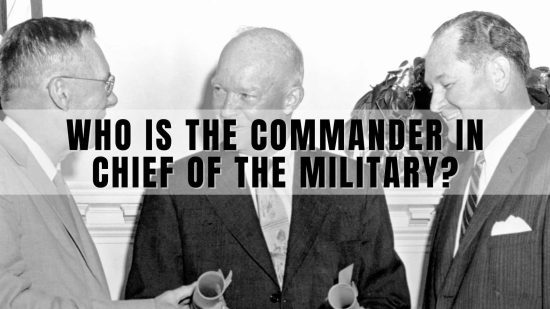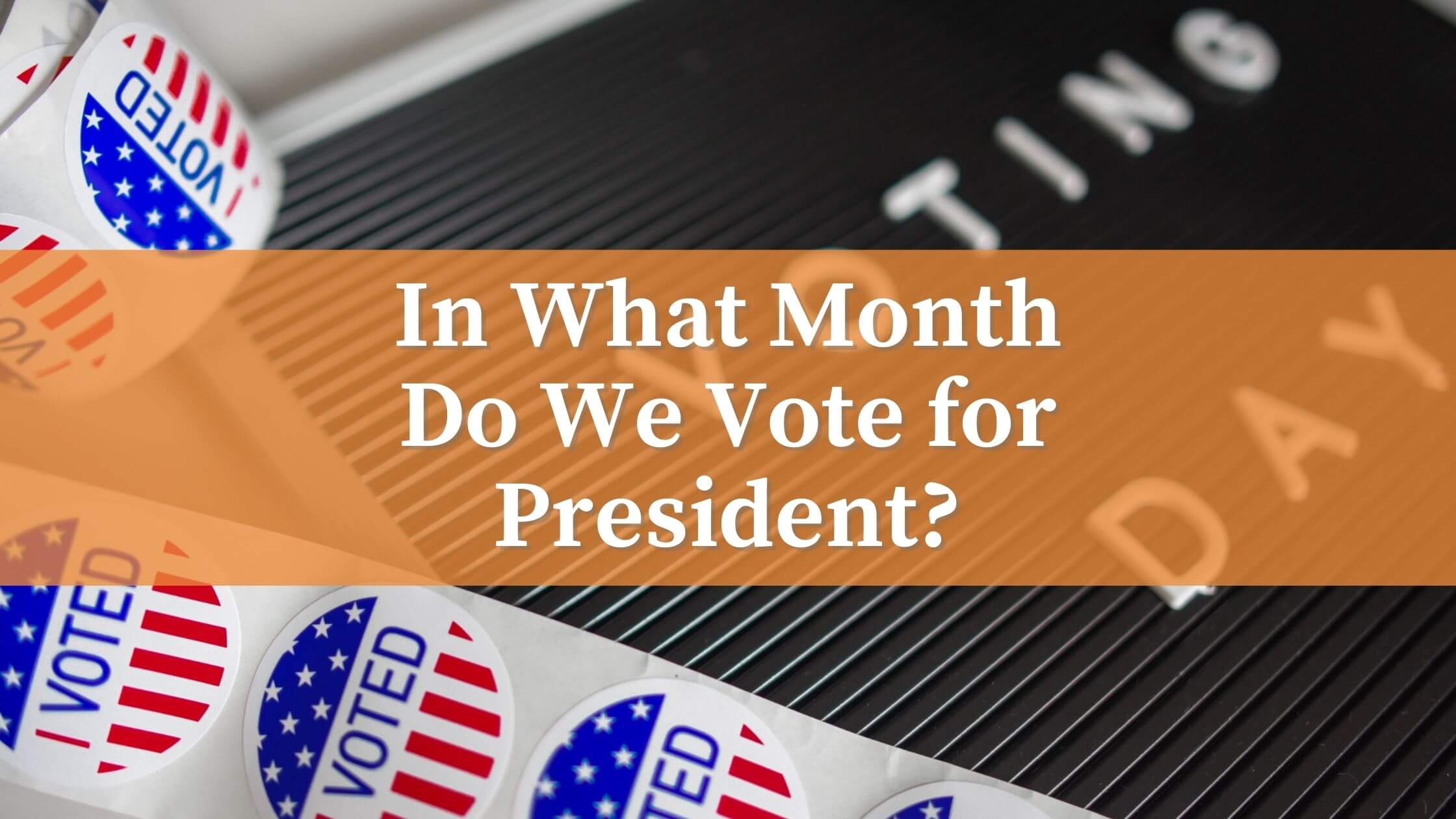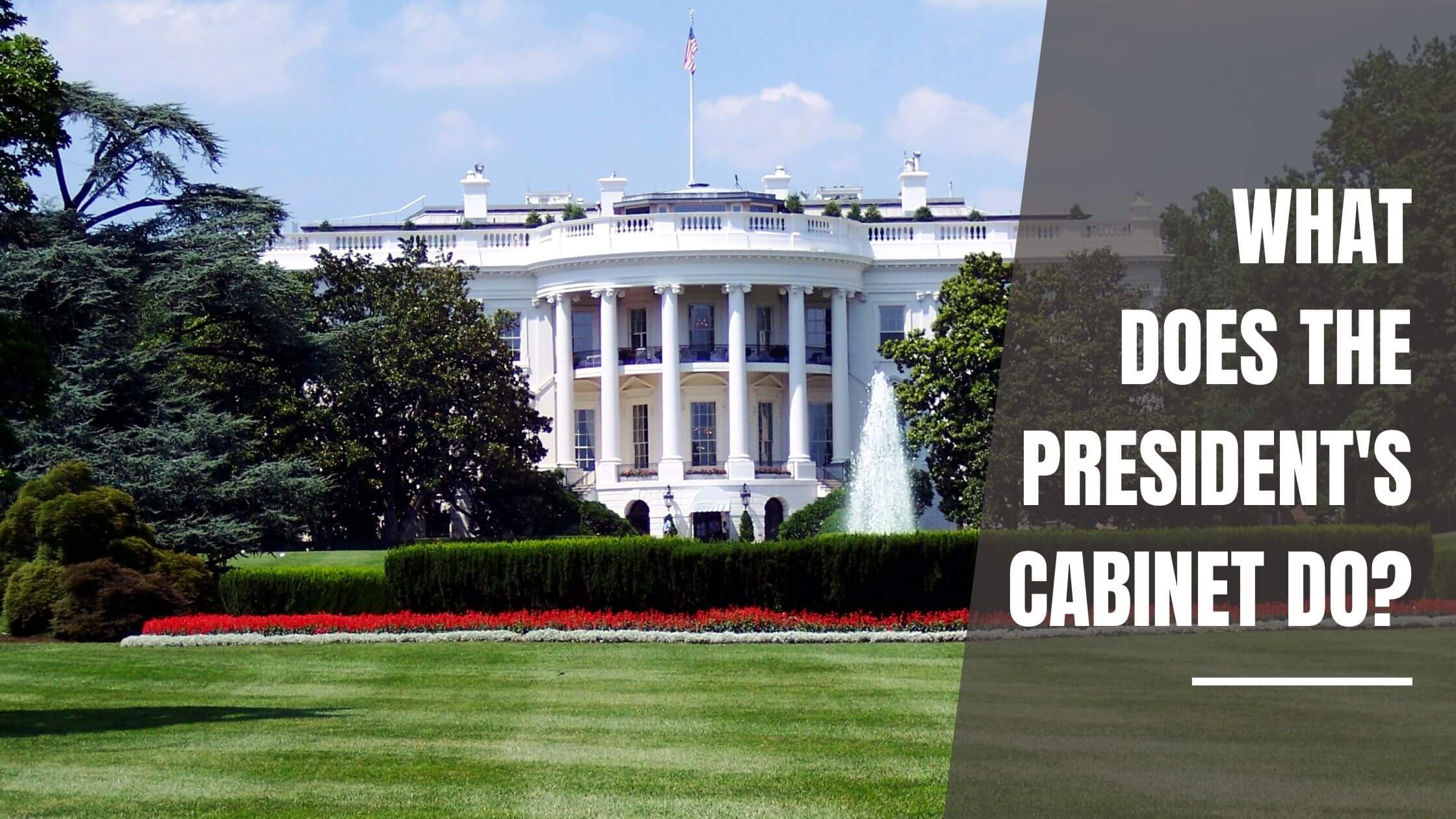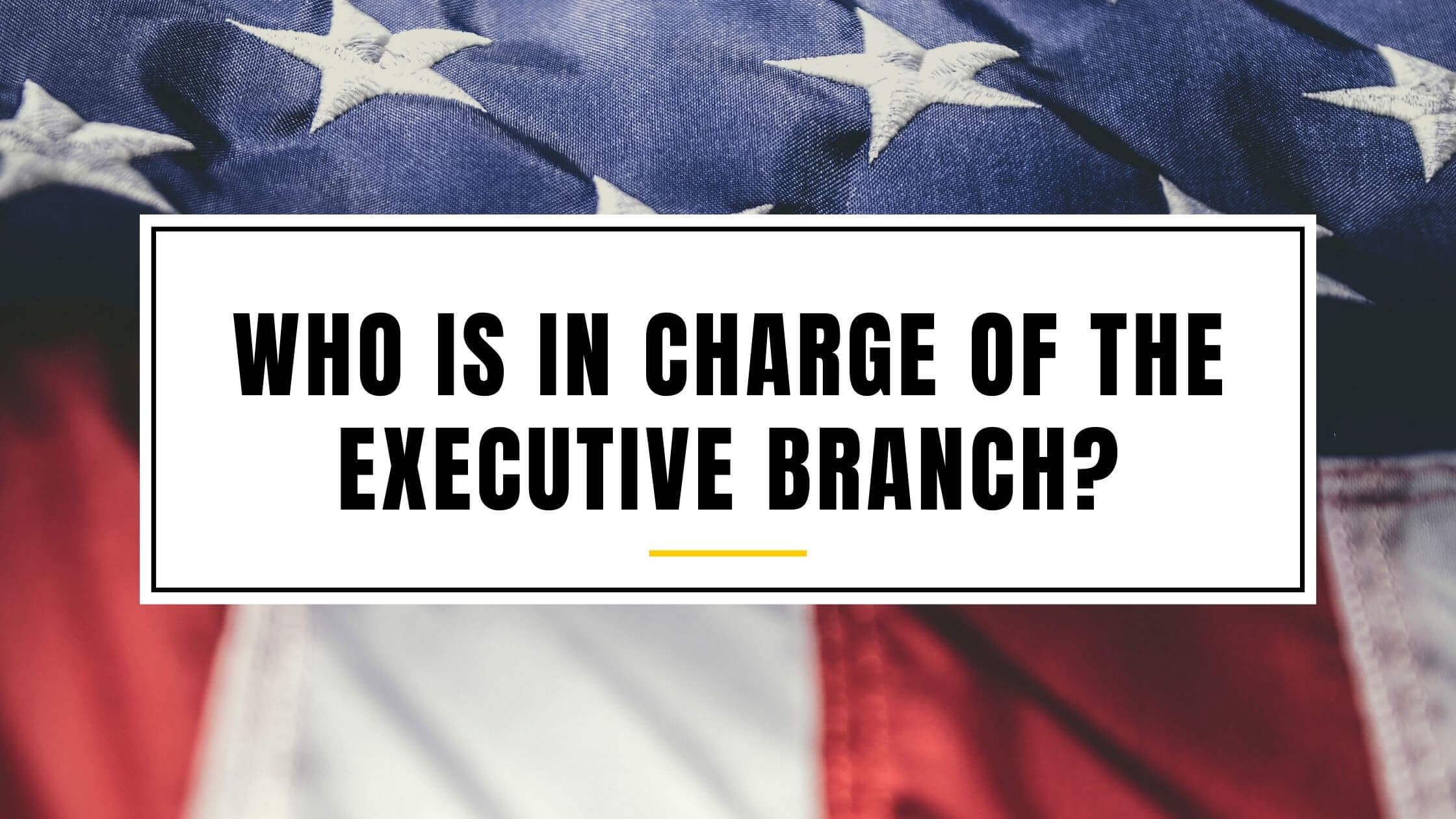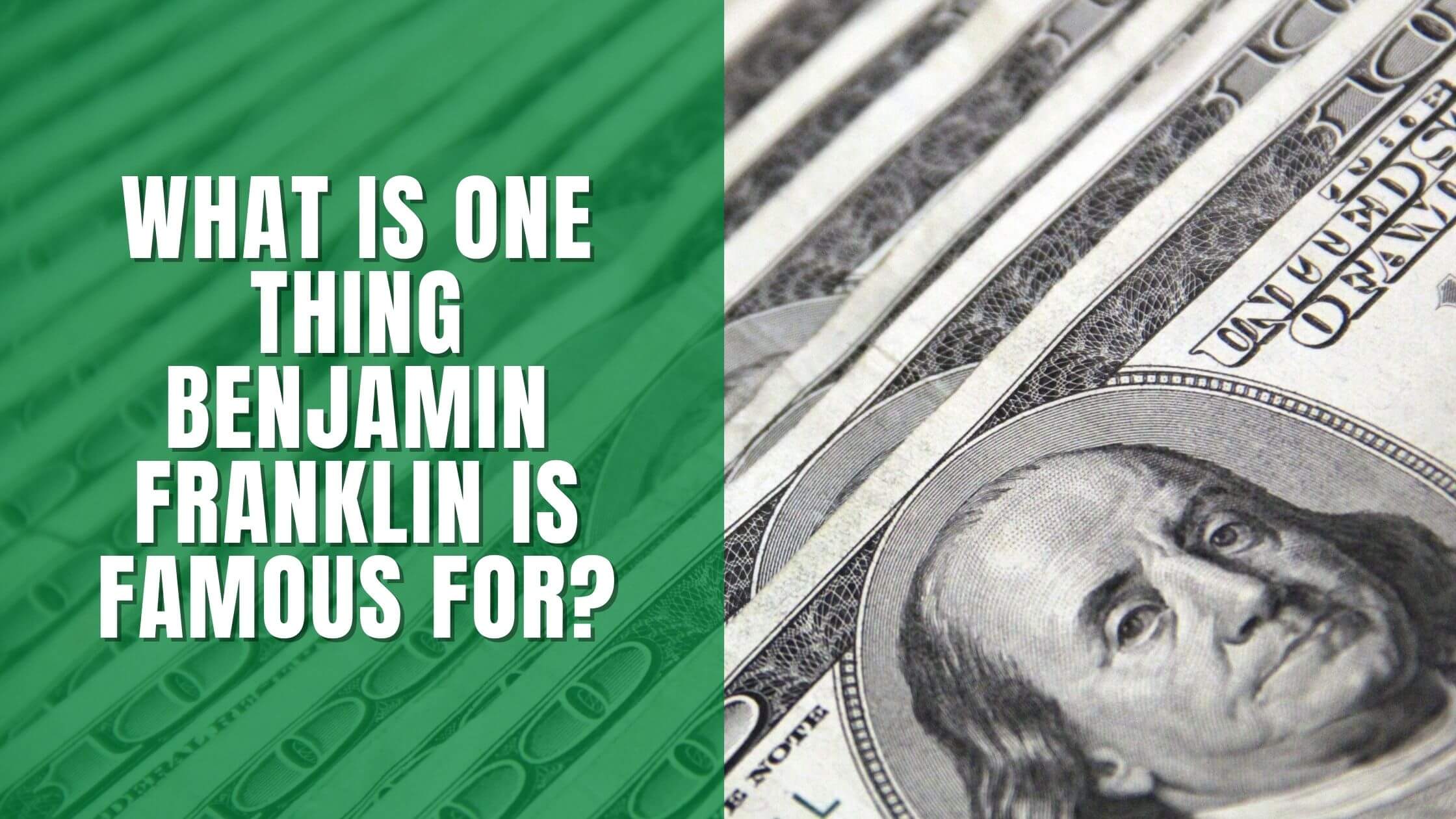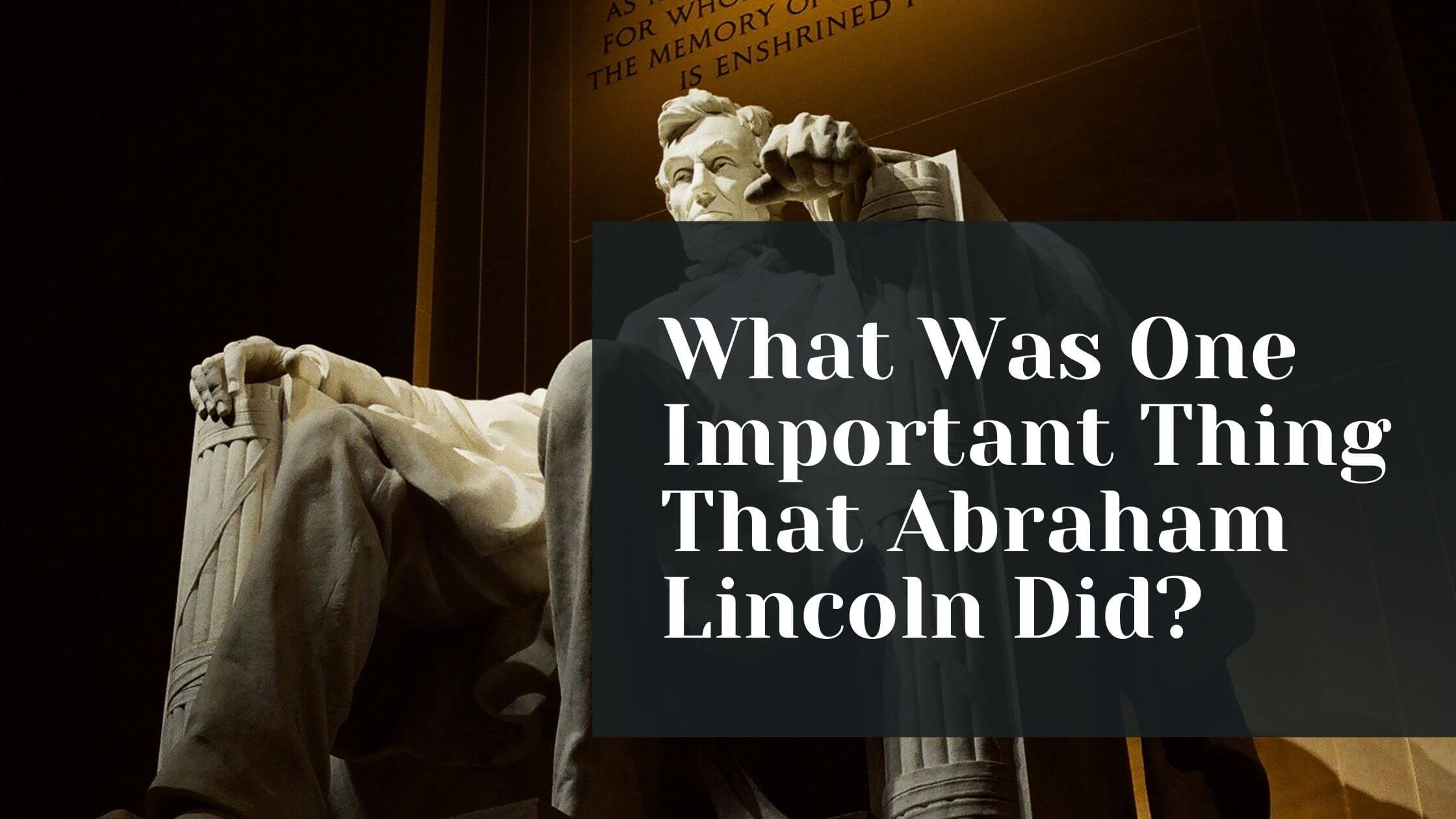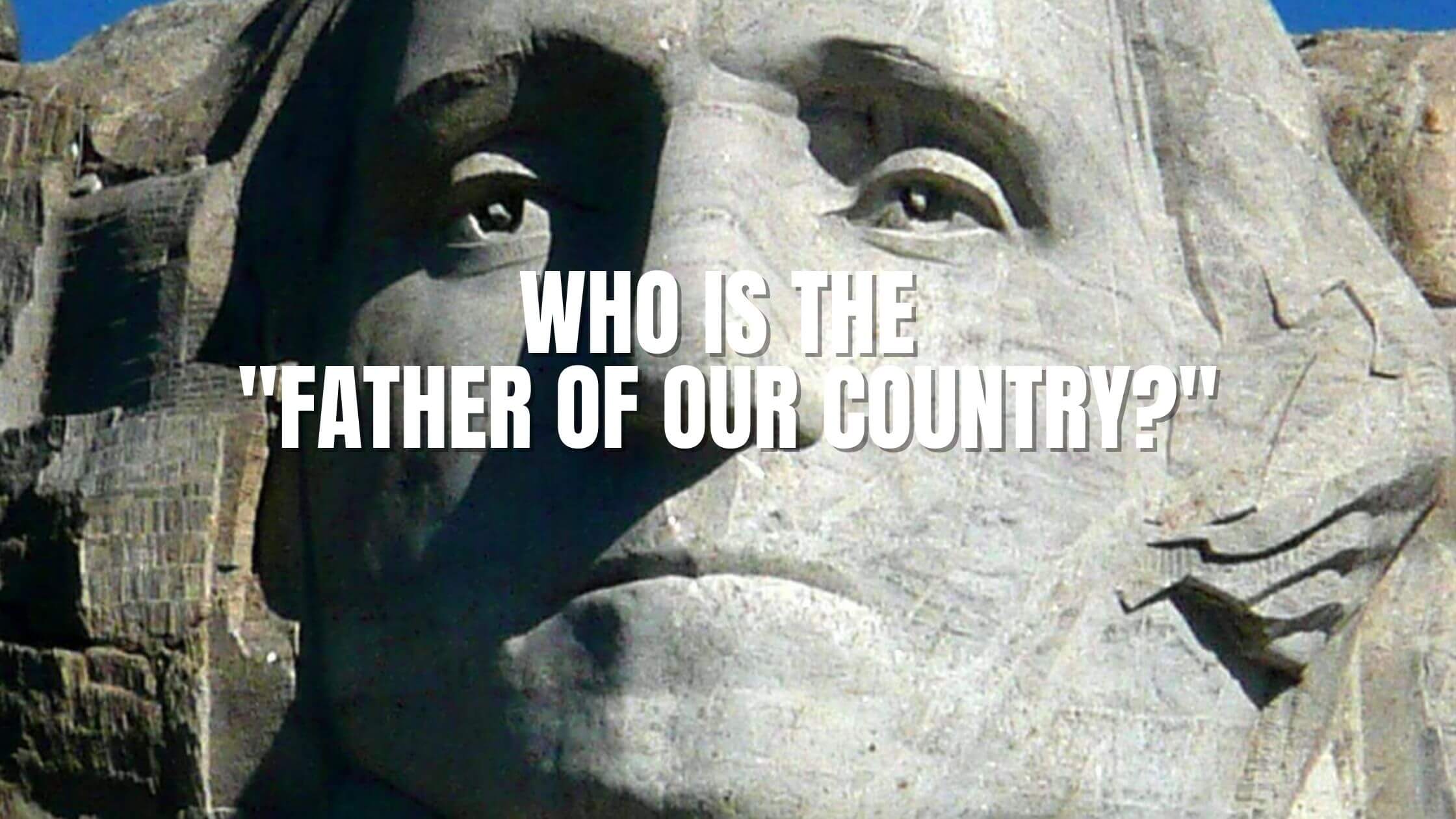To pass the US citizenship test, you will have to answer 10 of a possible 100 questions. The following question is from the USCIS test.
Who is the Commander in Chief of the military?
Answer:
The President.
The following is a full explanation of the USCIS question:
The role of Commander in Chief is one of many that the president has in the wider role as leader of the country. It grants them certain powers over the military and during wars. However, this power is not absolute. So, what can the president do as Commander in Chief, can they declare war, and what significant historical moments are they responsible for?
What Is the Commander in Chief?
In short, the Commander in Chief of the military is the one that makes the final call on campaign strategies and deployments after war is declared. They can’t declare war themselves, as that needs the consent of Congress, but they then have the power to determine the course of the campaign. All new presidents have to be prepared for this, and some have handled it far differently than others.
The Powers of the Commander in Chief
The powers of the Commander in Chief are deliberately limited but also wide-ranging and substantial. The most important is the ability to hold supreme command over all military forces and their operations during campaigns. It allows for troops’ deployment and the go-ahead for significant attacks. They can also form military policy alongside the Department of Defence.
Another power often cited as a concern is the ability to authorize the launch of nuclear weapons. There is the cliché of the enraged man sitting in front of a big red button that is frightening to some voters. It isn’t that simplistic, but President Truman did authorize the bombing of Hiroshima and Nagasaki, so there is a precedent there.
Can the President Declare War?
It is important to remember that the powers of a Commander in Chief only go so far. The president can instruct Congress to make a declaration of war but cannot act upon this desire without approval. This is all part of the vital checks and balances system that prevents leaders from having too much power. So, a president can’t make a rash personal decision one day and send out troops. They can’t become enraged with another country and say they are at war without that consent.
This inability to declare war was an important clause from the time of the creation of the Constitution. The Federalists felt strongly about this, as they only wanted the president to have command over “the direction of war when authorized or begun.” More specifically, the War Powers Resolution of 1973 states that Congress must be the one to authorize any troop deployments longer than 60 days.
Does the President Control the National Guard?
Another area where the Commander in Chief lacks some power is with the National Guard. There are caveats here, but these state-based groups of part-time guards work for the state and are not under the president’s command. This means that state officials can call them in to deal with major law enforcement situations or natural disasters.
The president can merely urge states to call in the National Guard to handle certain events, such as suppressing protests or offering a presence during curfews. The exception to the rule is for situations in Washington DC or when the guard becomes federalized in national campaigns.
Dealing With Wars in the Situation Room
Some presidents are more hands-on with the role than others, especially when it comes to crucial decision-making. A number that served as president during major wars were happy to take the lead and act against the opposition of generals and commanders. Others have preferred to let the military get on with things and sign off on major decisions. A lot of this comes down to whether that president truly believes they know best or has the awareness to call on those with more knowledge and experience where necessary.
Whichever route presidents take, they can handle these affairs and discussions in the Situation Room of the White House. The Situation Room is a large conference center in the basement of the building where the president, advisors, and military personnel can discuss real-time developments. The location is appropriate as the president can get there from the residence or Oval Office very quickly.
Important Historical Moments for Commanders-in-Chief
George Washington: The decision to assemble 12,000 militia to deal with the Whiskey Rebellion.
James Madison: Taking control of artillery units when defending the capital in the War of 1812.
Abraham Lincoln: Working on major strategies during the Civil War.
Woodrow Wilson: Overseeing events in World War I.
Franklin D. Roosevelt: Doing the same in World War II.
Harry Truman: Choosing to drop the atomic bomb and later committing troops to the Korean War.
Lyndon B. Johnson: Having close command of a lot of operations during the Vietnam War.
George Bush Sr.: Authorizing the efforts in the Gulf War.
George Bush Jr.: Continued with similar campaigns in the Middle East with the War on Terror.
Joe Biden: The decision to withdraw all troops from Afghanistan.
The Commander in Chief and Presidential Legacies
Finally, when talking about the different presidents that have assumed the role of Commander in Chief, we should also mention those that have served in the armed forces. Many men run presidential campaigns emphasizing their time in the military. At the same time, those that haven’t may be questioned over why they didn’t join.

Get Smarter on US News, History, and the Constitution
Join the thousands of fellow patriots who rely on our 5-minute newsletter to stay informed on the key events and trends that shaped our nation's past and continue to shape its present.
One of the most famous examples of an ex-military president is Eisenhower. He fought major campaigns across World War II and helped secure victory for the Allies. Then, of course, there was General Washington, who led troops during the War for Independence.
The role of Commander in Chief is one that a president cannot take lightly. The right move could end a war and lead to a better outcome for all, and the wrong one could cost lives. Their decisions will also stick with them long after their term is over. Presidents are often remembered more for their wars and peace treaties than anything else, and can determine whether they leave office as a hero or in disgrace?
Who Is the Commander in Chief of the Military? Quiz
Frequently Asked Questions
Who is the Commander in Chief of the military in the United States?
Can the President declare war without approval?
What are some powers of the Commander in Chief?
Does the President have control over the National Guard?
What is the Situation Room in the White House?
How useful was this post?
Click on a star to rate it!
Average rating / 5. Vote count:
No votes so far! Be the first to rate this post.
We are sorry that this post was not useful for you!
Let us improve this post!
Tell us how we can improve this post?
